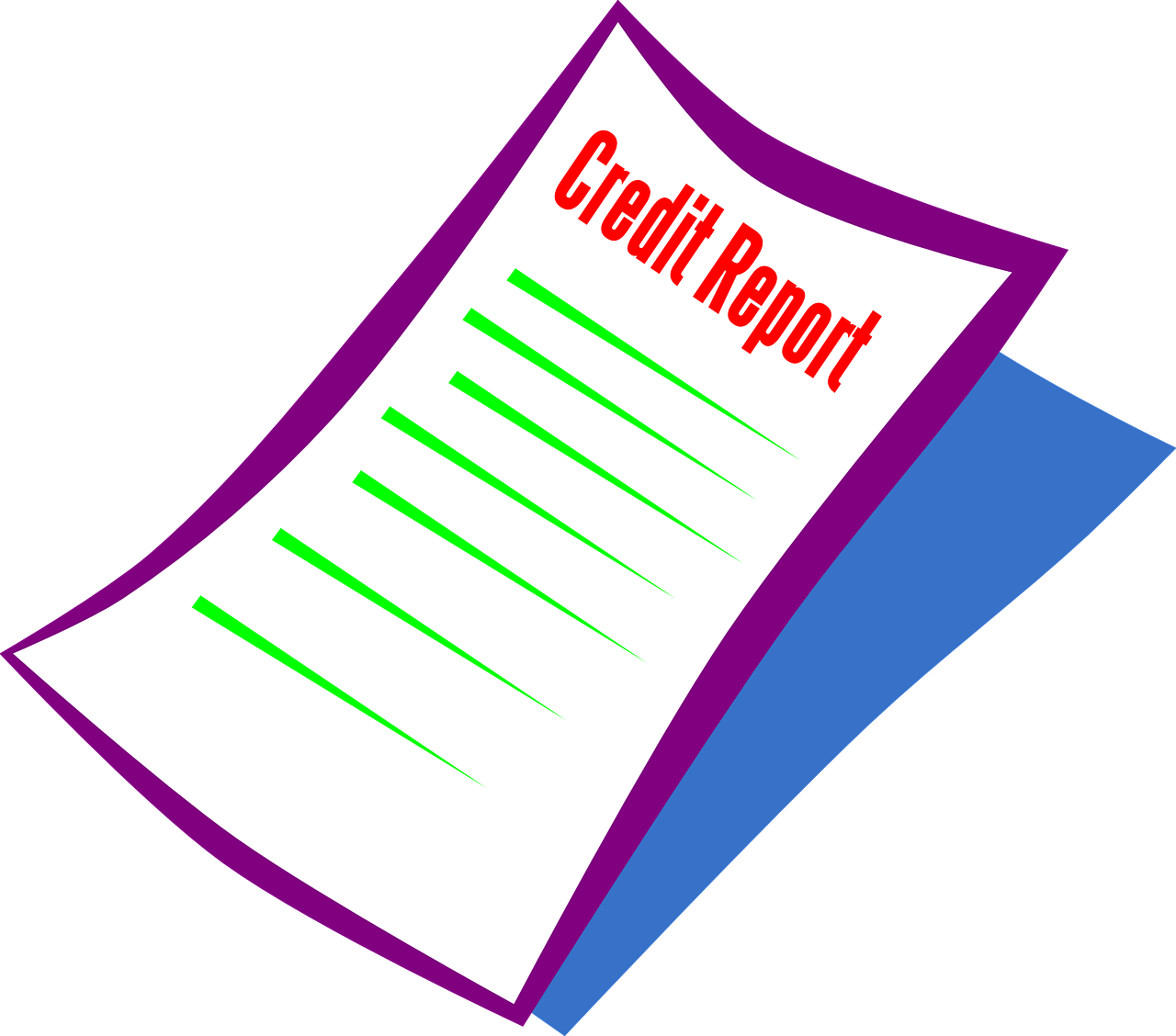Debt consolidation involves turning multiple debts — like credit card accounts with high interest — into a single monthly payment. Among the ways to accomplish this are a debt consolidation loan, transferring balances to a new, low-APR credit card, refinancing a mortgage or signing up for a debt management program.
If you’re considering consolidating your debts and want to weigh the pros and cons, it makes sense to wonder how this process can affect your credit score. Will you see it climb as you take on new debt to get rid of old debts? Or will it fall as a result of this reorganization? It’s a great question worth asking before making any major debt-related decisions.
Here’s some more information on the possible effects of debt consolidation on your credit score.
The Role of Credit in Debt Consolidation
Some lenders set minimum credit ratings for approval, and all lenders will carefully consider your credit history before approving or denying your loan application. Furthermore, credit scores act as a Litmus test for how likely you are to fulfill your financial obligations — as a result, lenders will set interest rates accordingly, with lower scores going to consumers with stronger credit profiles.
How Debt Consolidation Can Lower Your Credit Score
Because lenders have to pull your credit report to check on your track record, they will initiate what’s called a hard inquiry. The good news is hard inquiries only put a temporary ding on your credit score — especially if you experience multiple hard inquiries of the same type within the span of a few months.
Another way debt consolidation can damage your score is if you close the credit card accounts from which you’ve just eliminated the balances. This can upset your credit utilization ratio, which can be found by dividing the amount of each balance by its total limit — or cumulatively by dividing the sum of your balances by the sum of their limits. Closing old accounts will also shorten the length of your credit history, another move that has the potential to diminish your credit rating. This is why it’s advisable to keep your credit accounts open — without putting new debt on them.
How Debt Consolidation Can Raise Your Credit Score
Now let’s explore the ways in which Bills – debt consolidation can help your credit score in the short- and long terms.
Paying off balances — especially those maxed out or nearly so — will bring down your credit utilization ratio. As Value Penguin notes, some lenders have reported this can help borrowers boost their scores by about 20 points in three months.
Taking on an installment loan also provides the opportunity to make consistent payments on that loan over a long period of time — something that can only bolster your credit rating. Payment history accounts for about a third of how credit ratings are determined. The flip side of this is missing payments will harm your score significantly.
Since credit reports also take into account the mix of credit a borrower carries, adding a new type of credit may also slightly help your score if you previously only had a single type of debt, like credit cards.
How debt consolidation affects your credit score has a lot to do with how you handle the obligation of making payments on the loan, not to mention how well you’re able to avoid racking up more debt on the accounts you just consolidated. The potential positives tend to outweigh the potential negatives if you take this process seriously.

